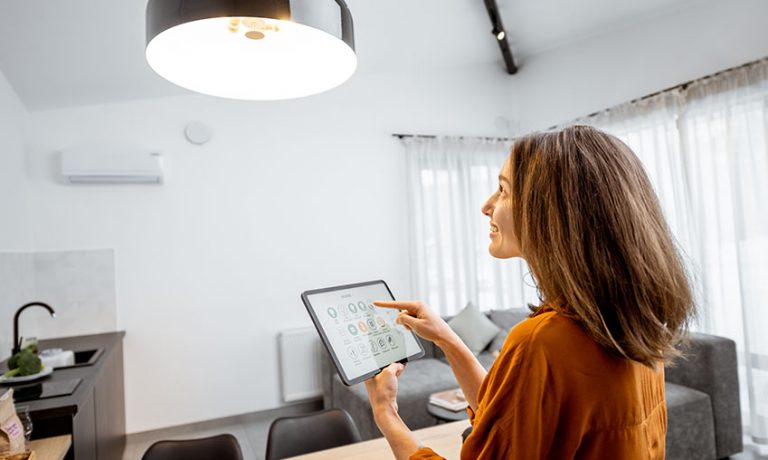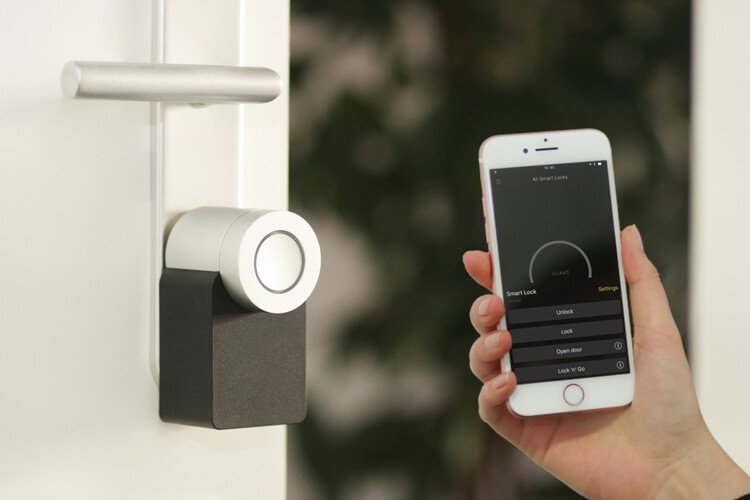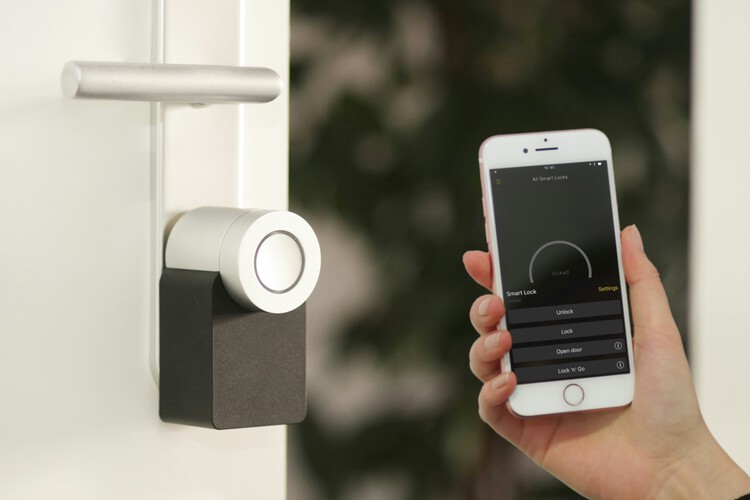In recent years, home automation has become a buzzword in the realm of modern living. As more households embrace the convenience of smart technology, misconceptions surrounding these systems have also emerged. In this article, we aim to address and clarify some common home automation myths to help you make informed decisions about integrating technology into your home.

What is Home Automation?
Before diving into the myths, its important to understand what home automation entails. Essentially, it refers to the use of technology to control various aspects of your home, such as lighting, temperature, security, and entertainment systems, through a centralized system. This technology offers convenience, energy efficiency, and enhanced security.
Myth 1: Home Automation is Too Expensive
One of the most prevalent myths is that home automation is only for the wealthy. While it’s true that some systems can be pricey, there are affordable options available. Many manufacturers offer budget-friendly devices that can be integrated gradually, allowing you to start small and expand over time.
Exploring Cost-Effective Solutions
For those concerned about cost, consider starting with basic systems like smart lighting or a programmable thermostat. As you become more comfortable, you can add more advanced features. For a detailed comparison, you can check out automated vs smart home to see what suits your budget.
Myth 2: Home Automation is Too Complicated
Another common misconception is that setting up and using home automation systems requires technical expertise. However, most systems are designed with user-friendliness in mind, featuring intuitive interfaces and easy installation processes.
Understanding User-Friendly Interfaces
Many devices come with straightforward apps and voice-control options, making it easy to operate them. Additionally, companies often provide comprehensive guides and customer support to assist with setup. For tips on managing devices, consider visiting how to fix smart home glitches.
Myth 3: Home Automation Systems are Not Secure
Security is a major concern for many when it comes to technology. Some believe that home automation systems make homes more vulnerable to hacking. While no system is completely immune, modern home automation systems come with robust security features.
Ensuring System Security
To enhance security, ensure that your devices are updated regularly and use strong, unique passwords. Additionally, using a secure network and enabling two-factor authentication can further protect your system. For further reading, check out The 10 Advantages of Home Automation for Homeowners.
Myth 4: Home Automation is Just a Fad
Some individuals believe that home automation is a passing trend. However, the increasing integration of technology into daily life suggests otherwise. With constant innovations and improvements, home automation is here to stay.
The Growing Trend of Smart Homes
As more people experience the benefits of convenience, energy savings, and enhanced security, the demand for smart home technology continues to grow. For more on the future of smart homes, explore smart home gadgets for travelers.
Myth 5: Home Automation is Only for Tech-Savvy Individuals
While early adopters of technology might have been tech enthusiasts, today’s home automation systems are accessible to everyone. Designed with simplicity in mind, they are user-friendly for people of all ages.
Adapting to All Users
Many systems offer customization options, allowing users to tailor them to their preferences and comfort levels. Whether you’re a tech expert or a beginner, home automation provides valuable solutions for modern living.
Myth 6: All Home Automation Systems Are the Same
Not all home automation systems are created equal. They vary in terms of features, compatibility, and ease of use. It’s essential to research and choose a system that meets your specific needs.
Choosing the Right System
Consider factors such as compatibility with existing devices, user interface, and customer support when selecting a system. For guidance, review home automation protocol to understand the technical aspects.
Myth 7: Home Automation is Only About Convenience
While convenience is a significant benefit, home automation offers much more. It can lead to energy savings, improved home security, and increased property value.
Beyond Convenience
Smart thermostats, for example, can optimize energy use, while security systems provide peace of mind. Home automation is a versatile tool that enhances various aspects of home life.
Myth 8: Home Automation Cant Be Integrated with Older Homes
Many people believe that home automation is only suitable for new or modern homes. However, with advancements in technology, older homes can also benefit from smart systems.
Implementing Smart Solutions in Older Homes
Retrofit solutions are available, allowing older properties to incorporate smart technology without extensive renovations. From smart plugs to wireless sensors, there are options for every home.
Myth 9: Home Automation Systems Are Difficult to Maintain
Some homeowners are hesitant to adopt home automation due to maintenance concerns. In reality, most systems require minimal upkeep and offer long-term reliability.
Maintaining Your Smart Home
Regular software updates and basic troubleshooting are usually all thats needed to keep your system running smoothly. For maintenance tips, you can visit how to upgrade your home with smart devices.
Myth 10: Home Automation is Not Worth the Investment
Finally, some argue that home automation doesnt provide enough value to justify the cost. On the contrary, the benefits often outweigh the initial investment, especially in terms of energy savings and property value.
Evaluating the ROI
By reducing energy consumption and enhancing home security, smart systems can lead to significant savings over time. Additionally, they can increase the attractiveness of your property if you decide to sell.

Frequently Asked Questions
What are the primary benefits of home automation?
Home automation offers convenience, energy efficiency, enhanced security, and increased property value.
How can I ensure my home automation system is secure?
To secure your system, regularly update your devices, use strong passwords, and enable two-factor authentication.
Is it possible to automate specific aspects of my home without a full system?
Yes, you can start with individual devices like smart plugs or lights and gradually expand your system as needed.






